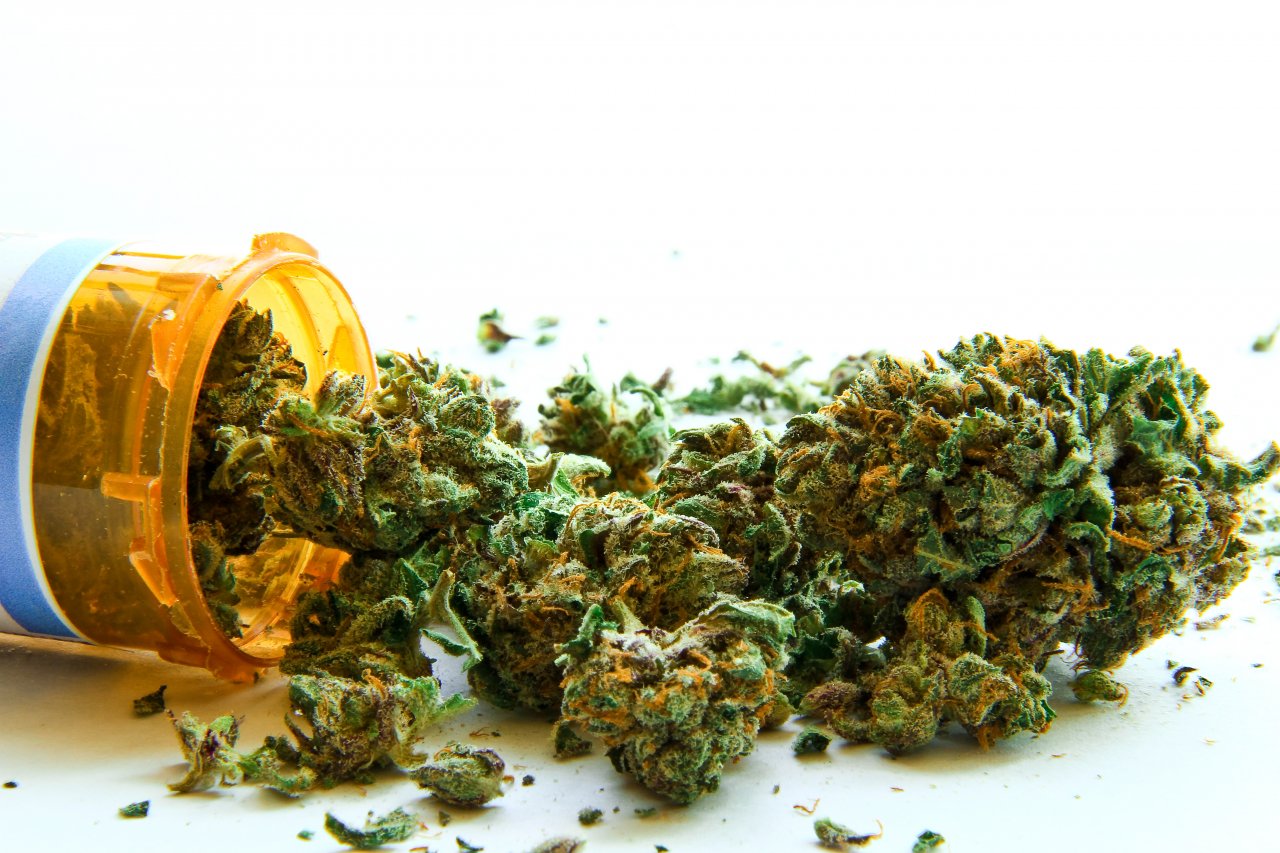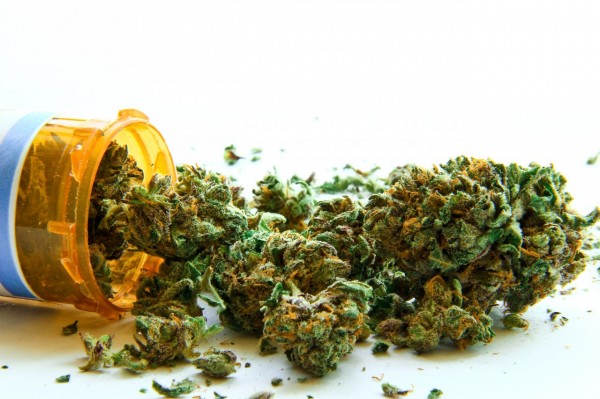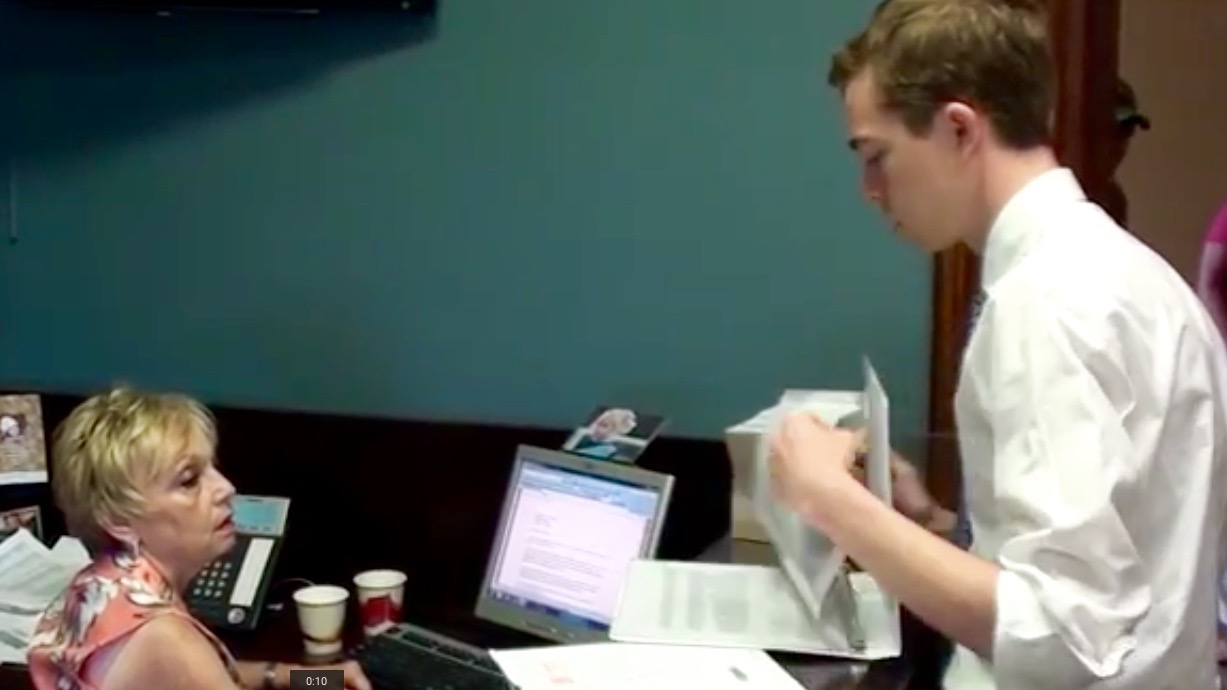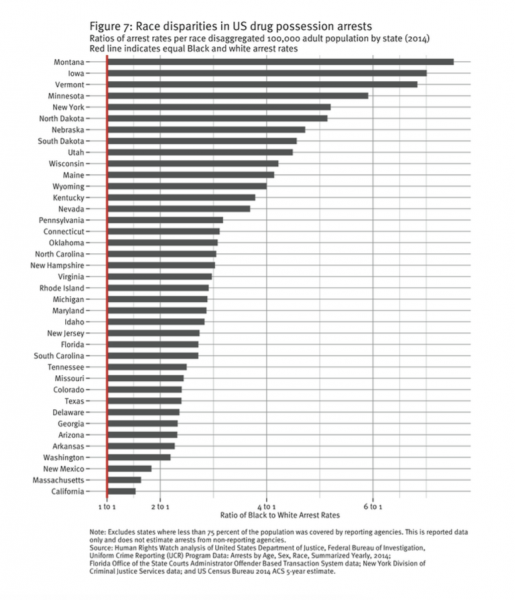 Black Rhode Islanders are almost three times as likely to be arrested for drug charges than white Rhode Islanders, according to a new analysis by the American Civil Liberties Association of Rhode Island.
Black Rhode Islanders are almost three times as likely to be arrested for drug charges than white Rhode Islanders, according to a new analysis by the American Civil Liberties Association of Rhode Island.
“The glaring racial disparities in enforcement of these laws have been going on for too long and must be addressed,” said Steven Brown, executive director of the RI ACLU. “This report is yet another wake-up call about both the overcriminalization of private conduct and the significant racial disparities that permeate our criminal justice system at just about every level.
The report looks at all 50 states done by the ACLU and Human Rights Watch that showed black adults are arrested 2.5 times more often than white adults. In Rhode Island, that ratio is even higher, with 2.9 Black adults arrested for every white adult that is arrested.
Brown said this was “especially troubling” because the report also shows Rhode Island has one of the lowest arrest rates in the nation “per overall population.”
While almost three black Rhode Islanders are arrested for every one white Rhode Islander, there are more than 14 white Rhode Islanders for every one black Rhode Islander. According to the 2010 census, there are 856,000 white Rhode Islanders and only about 60,000 black Rhode Islanders.
Rhode Island has the 21st highest ratio of black-to-white drug arrests in the nation, according to the report. Nearby Vermont has the third highest ratio at 6 to 1 black-to-white drug arrests. Connecticut has the 16th highest average at just over 3 to 1. Massachusetts has the second lowest ratio in the nation at just over 1.5 to 1, second only to California, which is 1.5 to 1.
The national report indicates drugs are the most common reason for arrest made in America and that one of every nine arrests are for drug charges.
“Calling the war on drugs a complete failure that is destroying lives and communities, the report called for decriminalization of personal drug use and possession,” according to a RI ACLU press release. “Instead, the report said, there should be a stronger investment in public health, emphasizing evidence-based prevention; education around the risks of drug use and dependence; and voluntary, affordable treatment and other social services in the community.”
Brown said the new data confirms what the RI ACLU learned when it studied 10 years worth of marijuana arrests in Rhode Island that showed 2.6 to 3.6 black Rhode Islanders were arrested for every white Rhode Islander arrested between 2001 and 2010.
“We hope this report will not only encourage more positive consideration of the marijuana ‘tax and regulate’ bill, but will promote broader efforts by police departments to reconsider how they enforce these particular laws,” said Brown.
Rhode Island continues to take a wait and see approach to legalizing cannabis while Massachusetts voters will decide that question at the ballot this November.



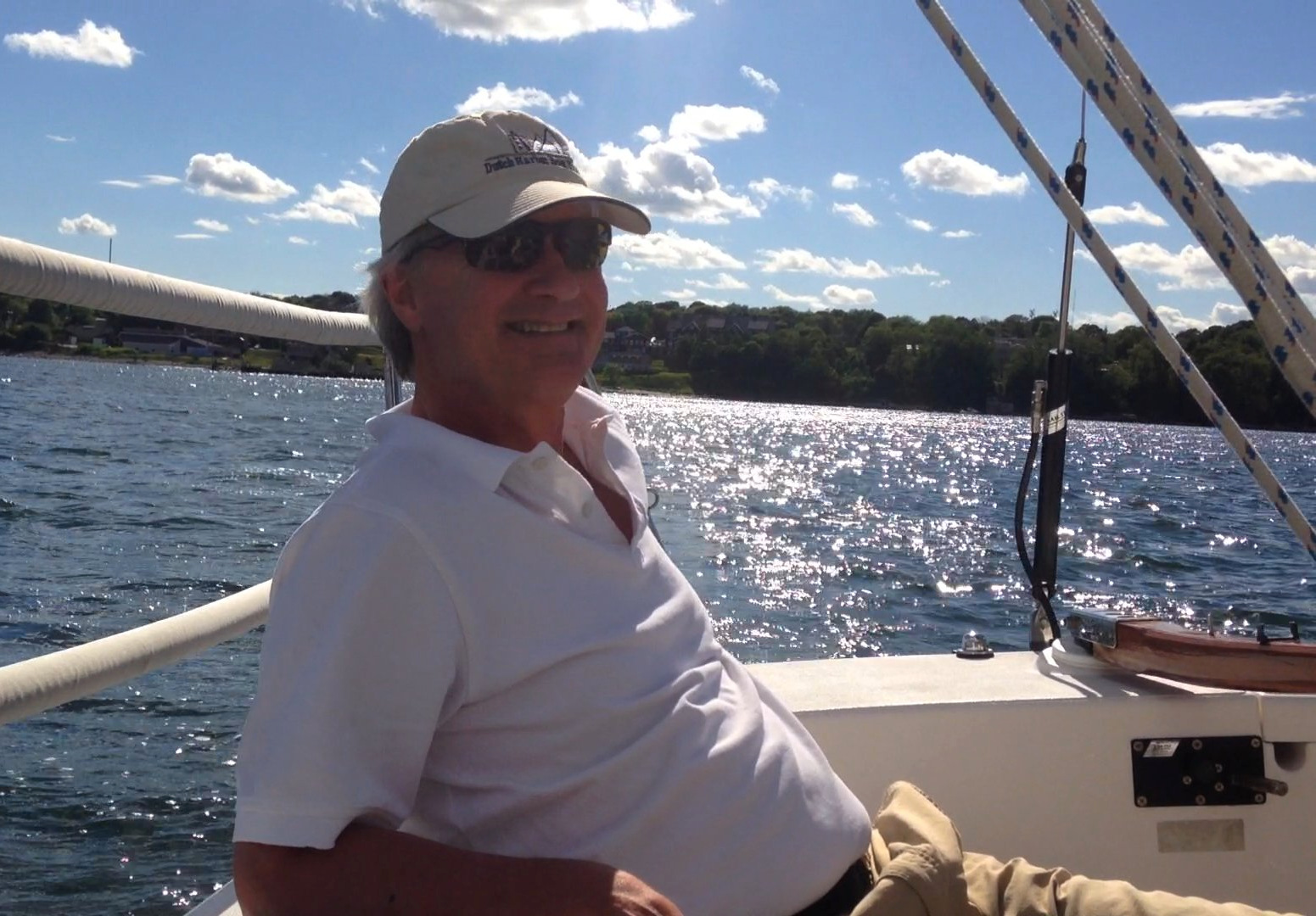
 The federal government might be comfortable equating marijuana to heroin, crack and meth, but Rhode Island isn’t. At least it wasn’t when Linc Chafee was our governor. The Drug Enforcement Administration’s recent
The federal government might be comfortable equating marijuana to heroin, crack and meth, but Rhode Island isn’t. At least it wasn’t when Linc Chafee was our governor. The Drug Enforcement Administration’s recent 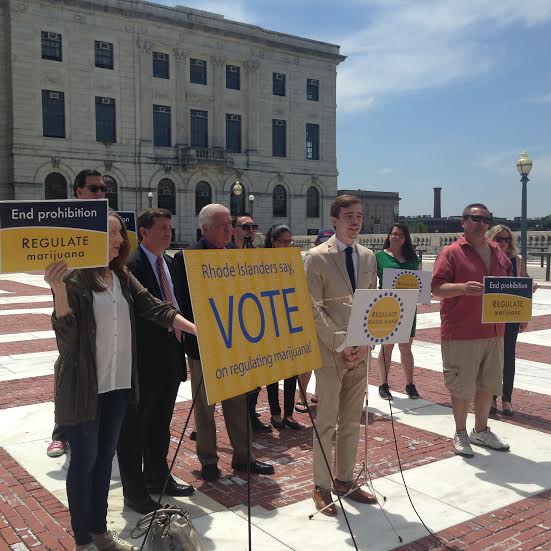
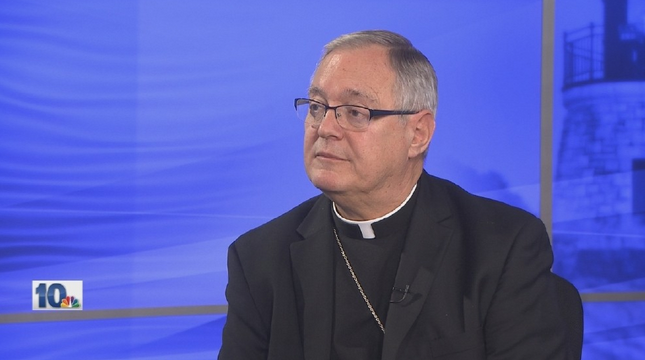
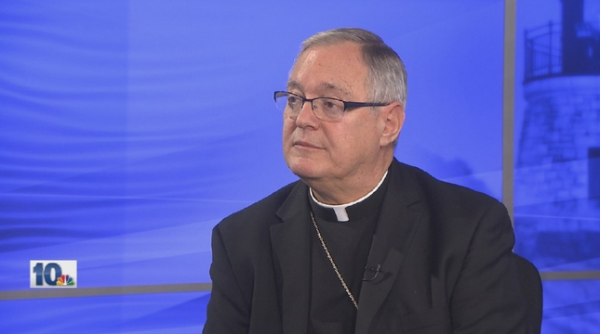
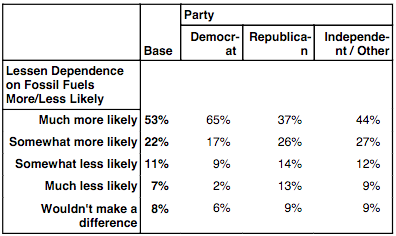

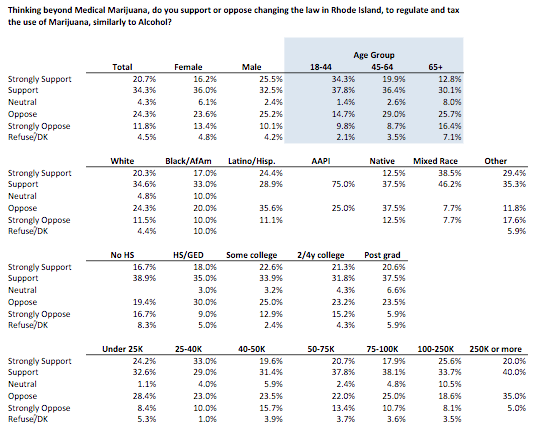
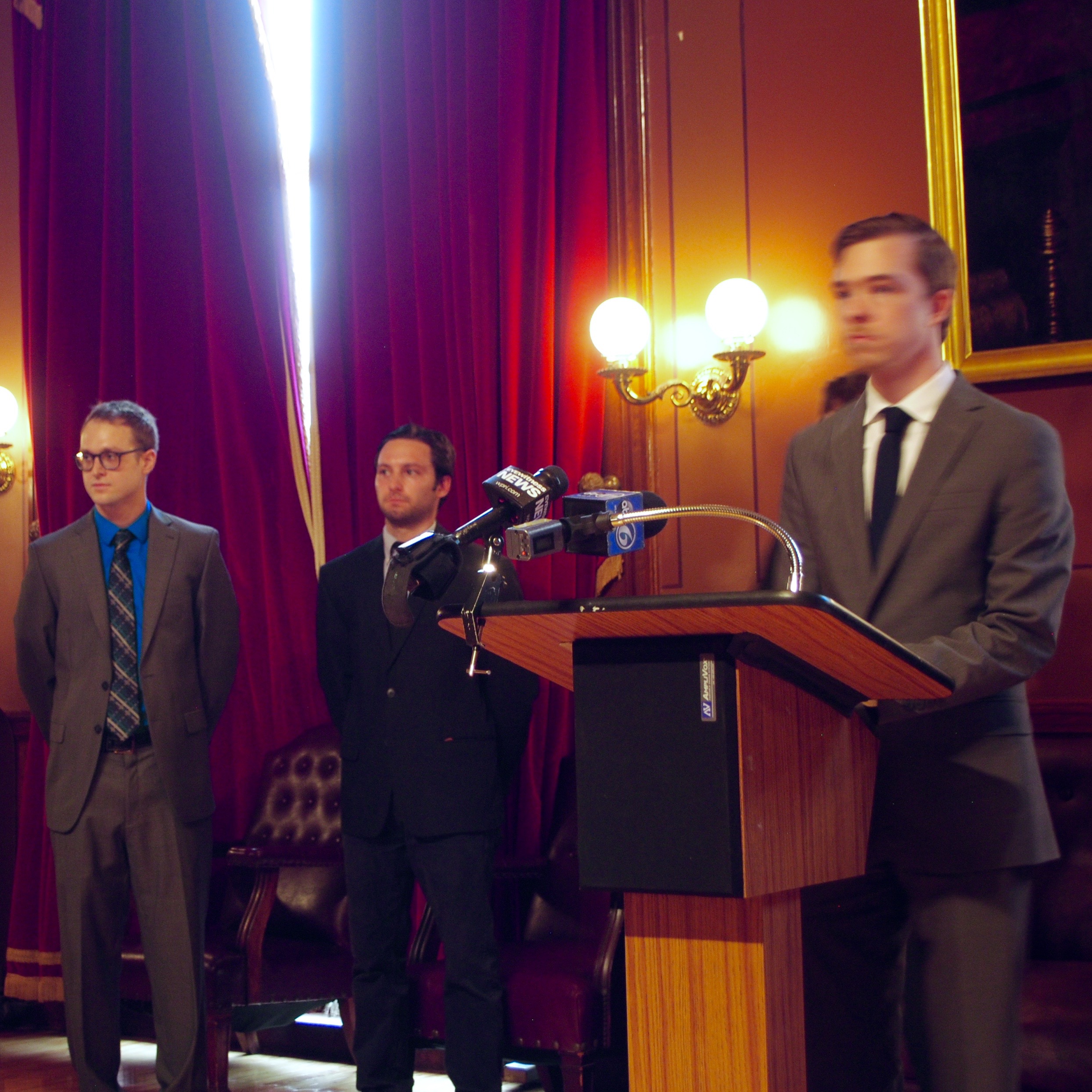



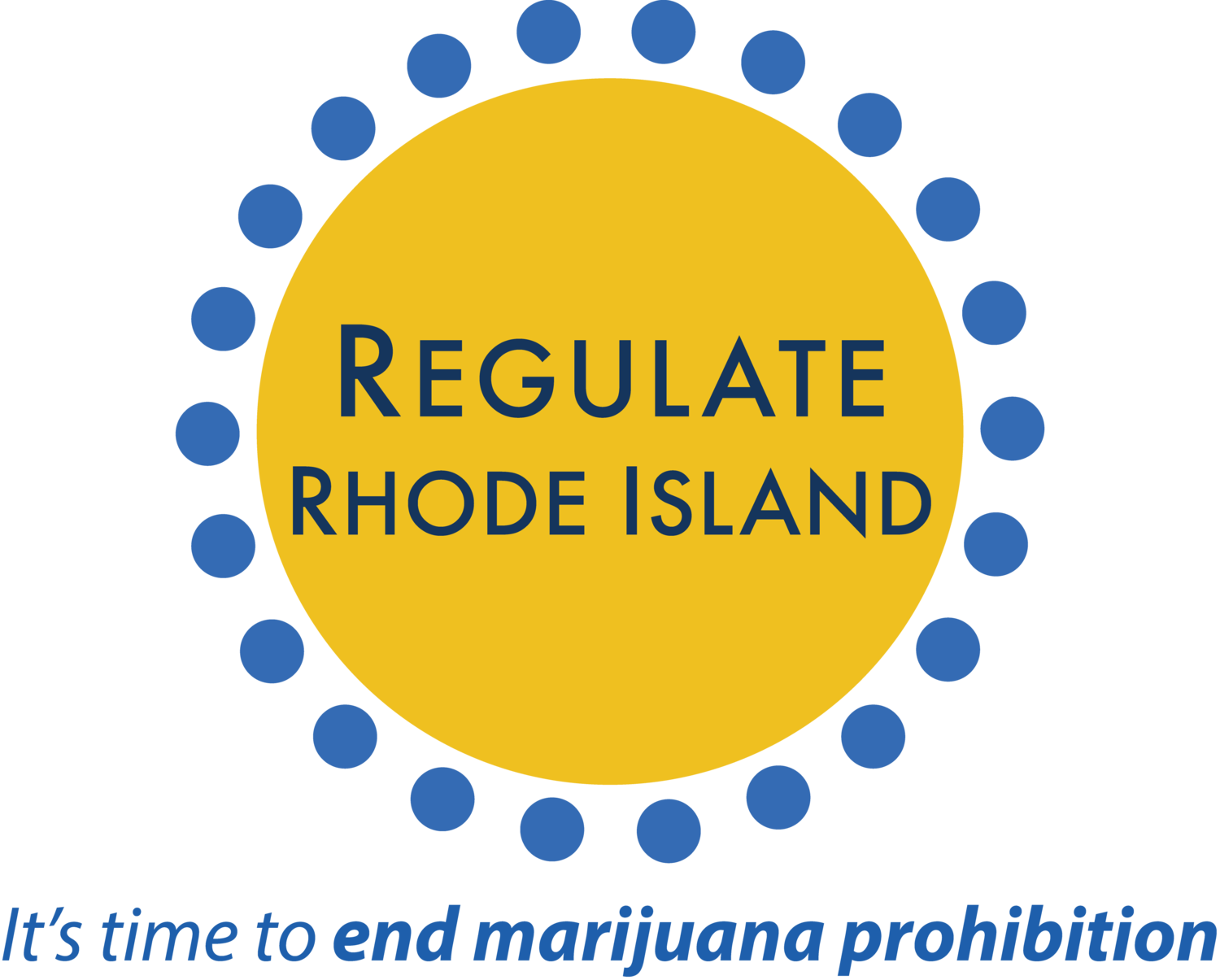
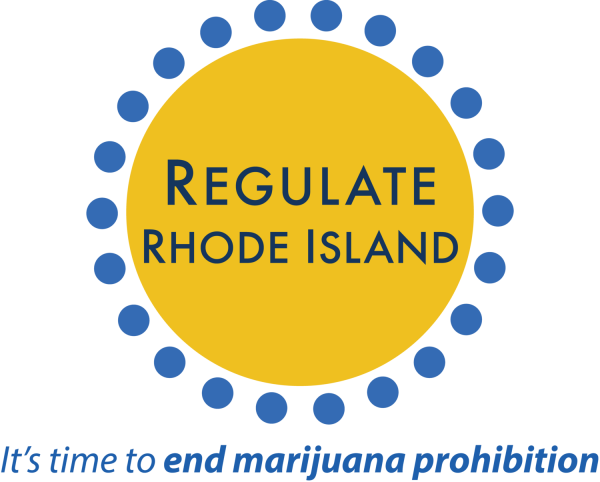 Some of the state’s most prominent millennial-based civic engagement organizations are praising state Senate leaders for supporting legislation that would end marijuana prohibition in Rhode Island and replace it with a system in which marijuana is regulated and taxed similarly to alcohol.
Some of the state’s most prominent millennial-based civic engagement organizations are praising state Senate leaders for supporting legislation that would end marijuana prohibition in Rhode Island and replace it with a system in which marijuana is regulated and taxed similarly to alcohol.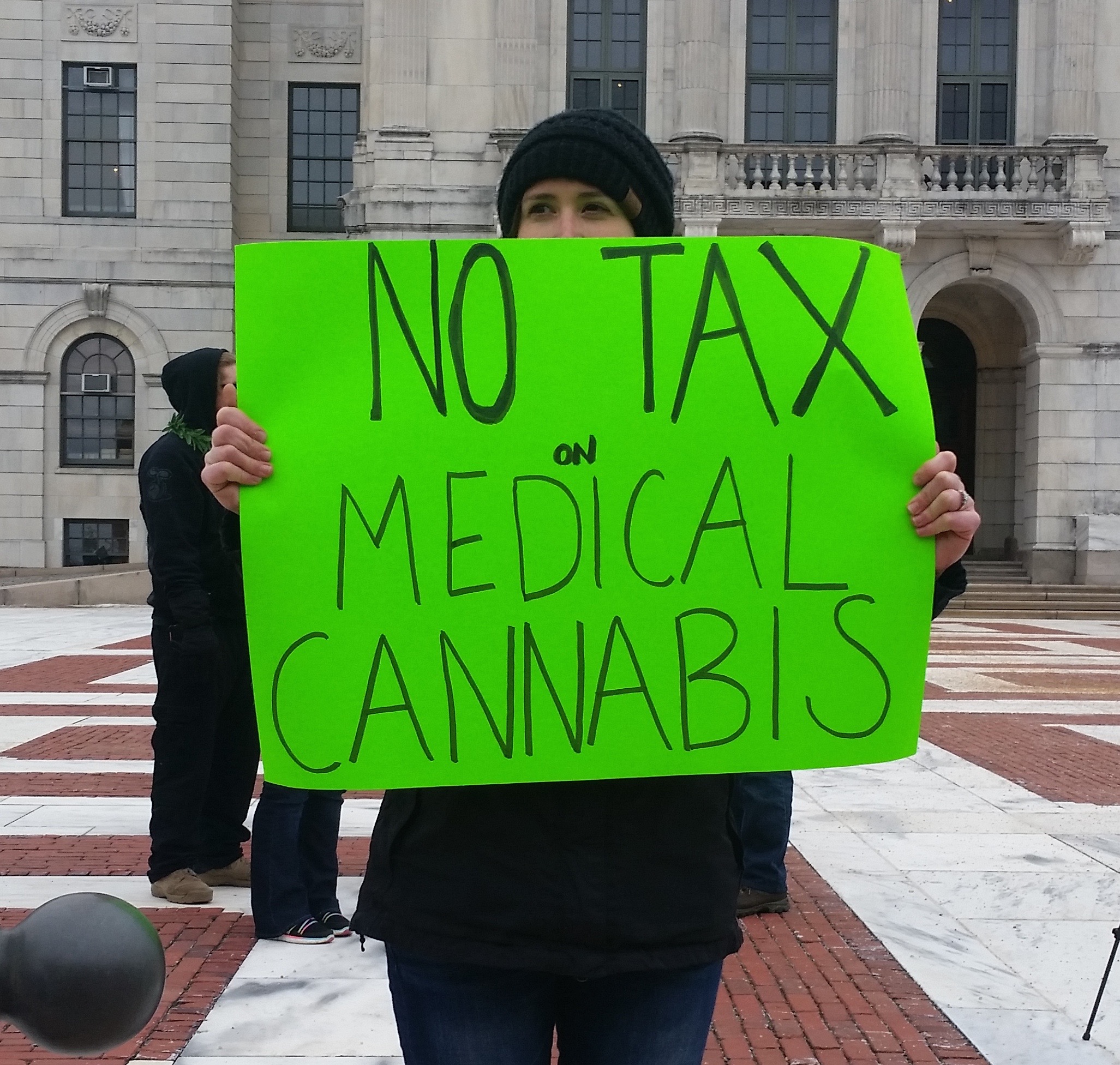
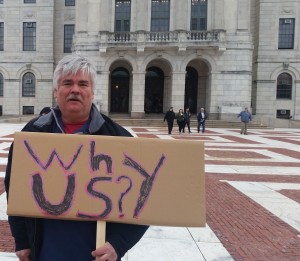 Opponents of Governor Gina Raimondo‘s proposed
Opponents of Governor Gina Raimondo‘s proposed 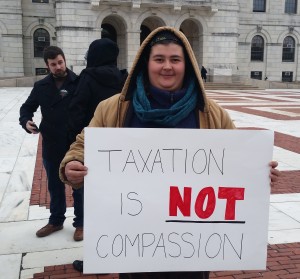 Almost more pernicious than the tax, though, are the other provisions included in what amounts to a complete restructuring of the way medical marijuana is done in our state. Those who grow their own marijuana will be forced to comply with a 75 percent reduction, six plants only, drastically reducing the amount of medicine available to patients.
Almost more pernicious than the tax, though, are the other provisions included in what amounts to a complete restructuring of the way medical marijuana is done in our state. Those who grow their own marijuana will be forced to comply with a 75 percent reduction, six plants only, drastically reducing the amount of medicine available to patients.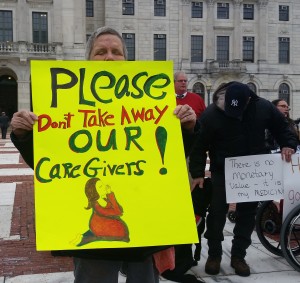 Then there is the financial devastation this plans wreaks upon caregivers. Purchase tags are now required for all plants. $150 per plant for patients who grow their own and $350 for each plant raised by caregivers for others. This makes the cost of farming marijuana prohibitive, and many will not be able to afford this. I earlier talked to a
Then there is the financial devastation this plans wreaks upon caregivers. Purchase tags are now required for all plants. $150 per plant for patients who grow their own and $350 for each plant raised by caregivers for others. This makes the cost of farming marijuana prohibitive, and many will not be able to afford this. I earlier talked to a 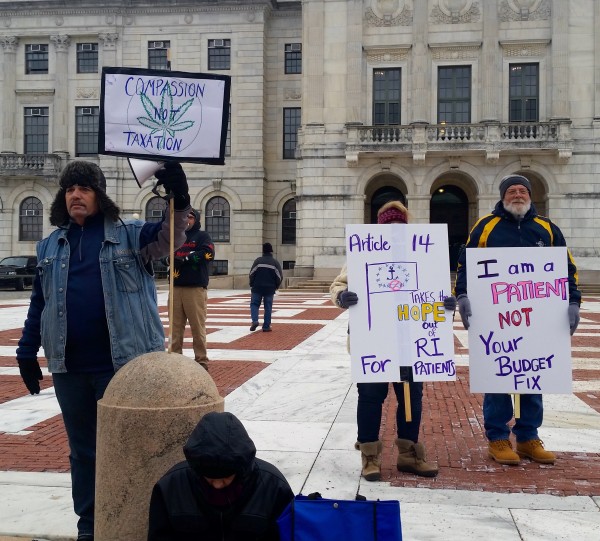
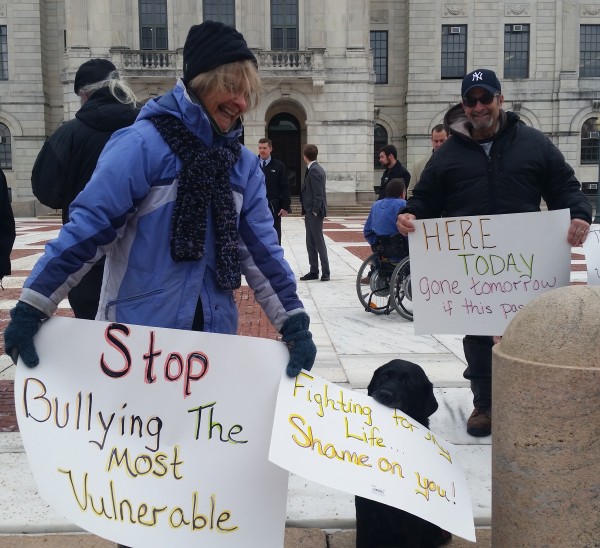
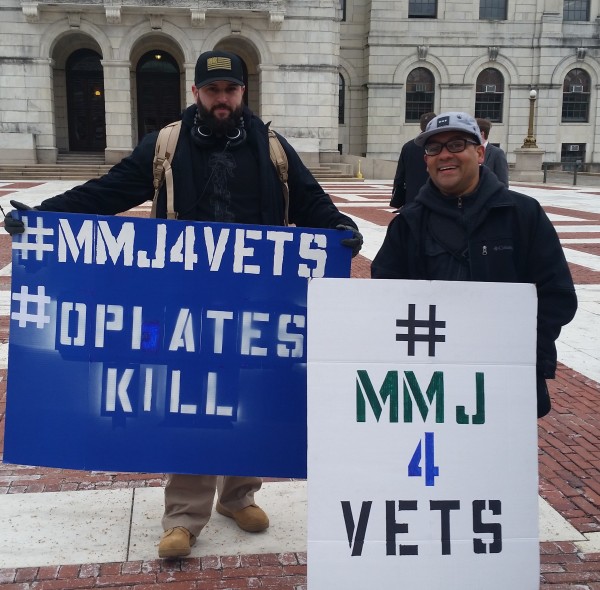
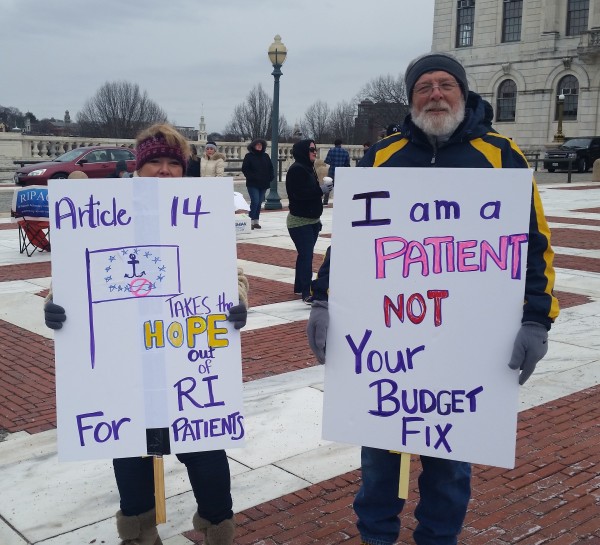

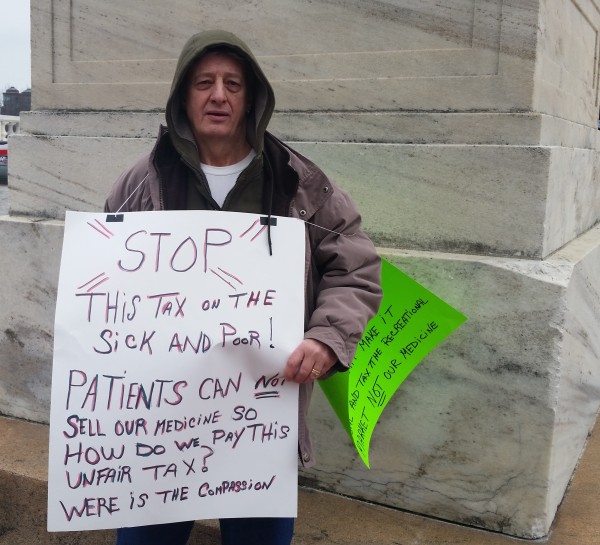
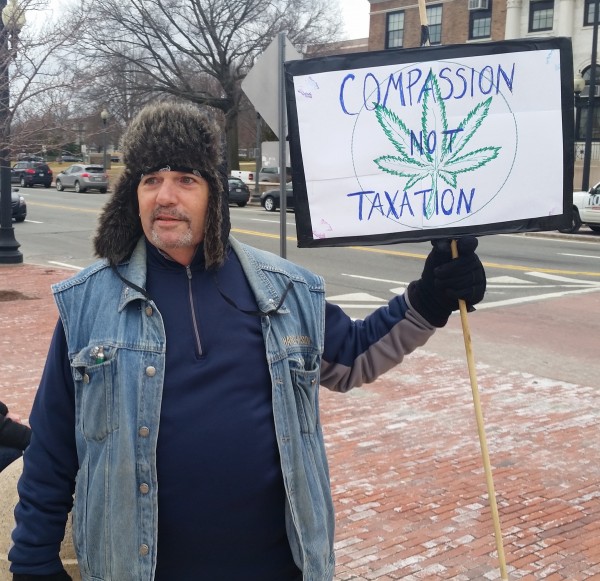
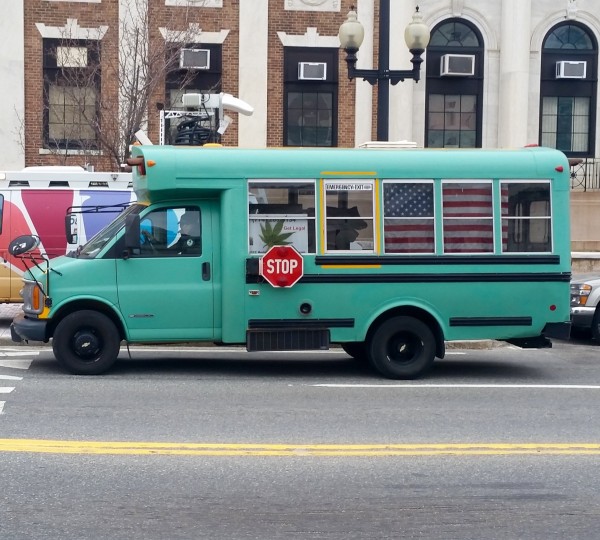
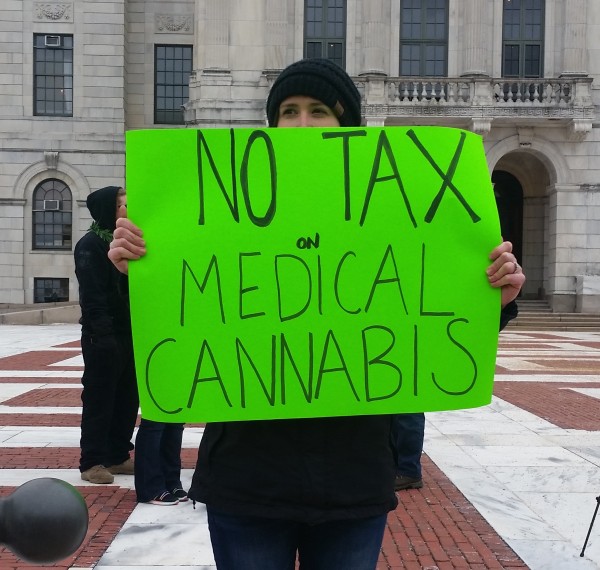
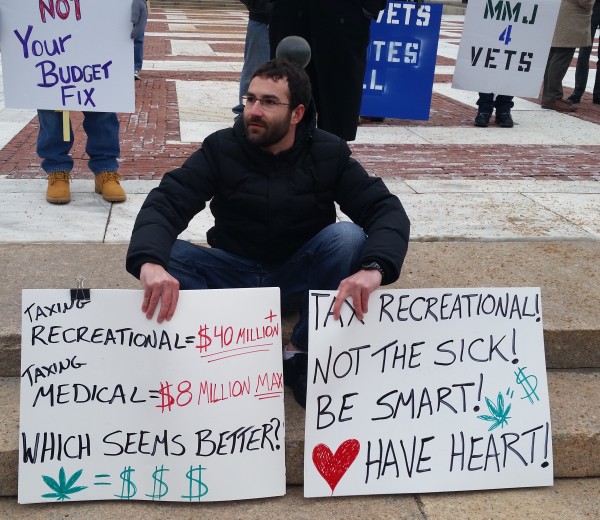
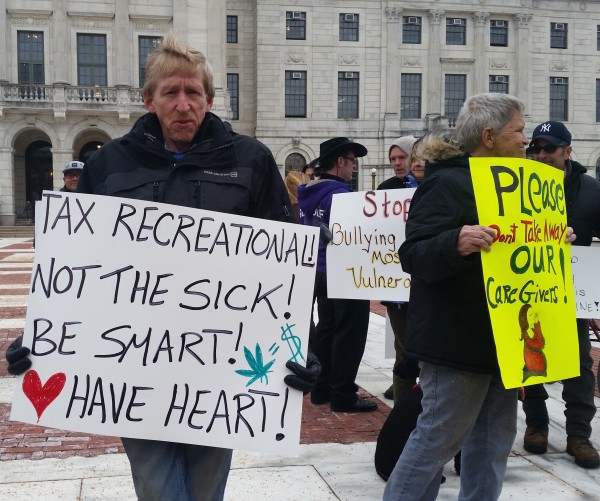
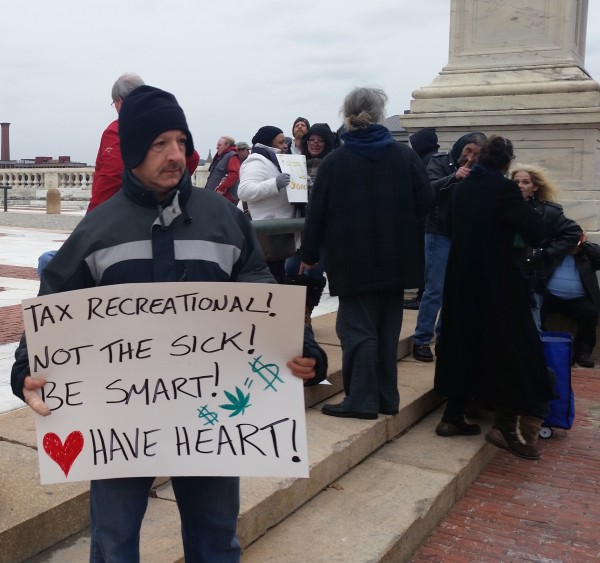
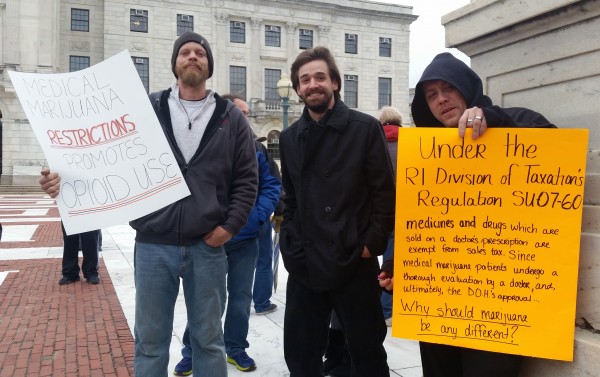
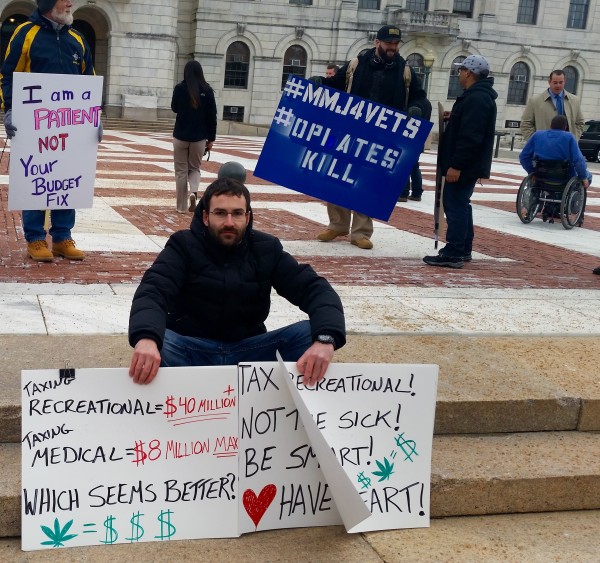
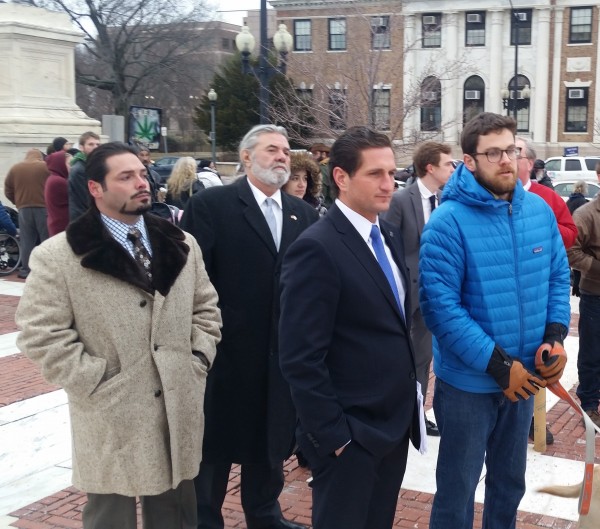
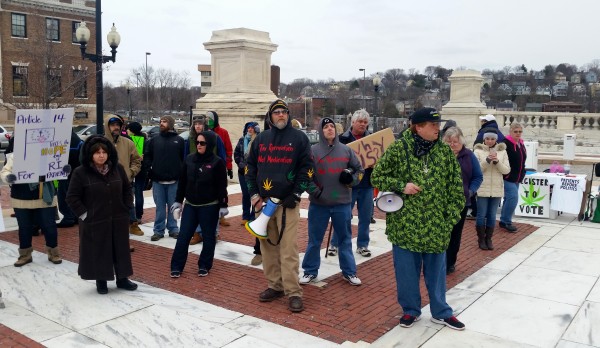
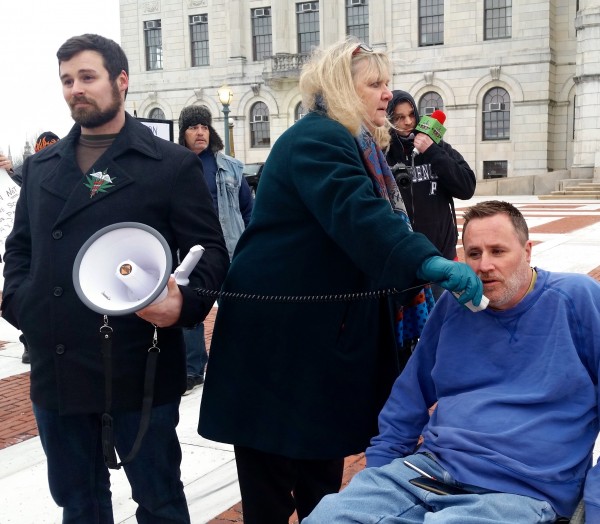
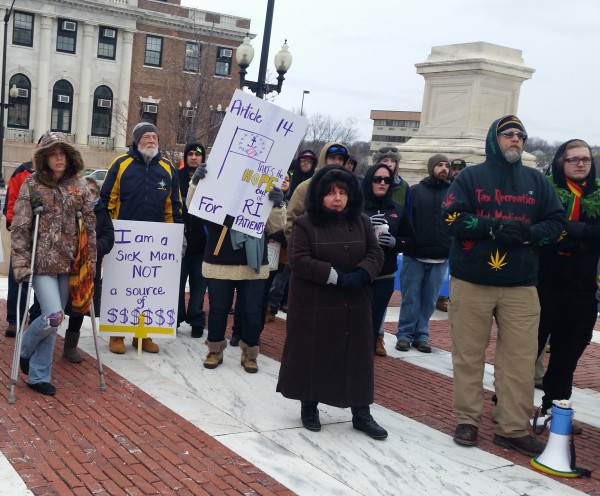

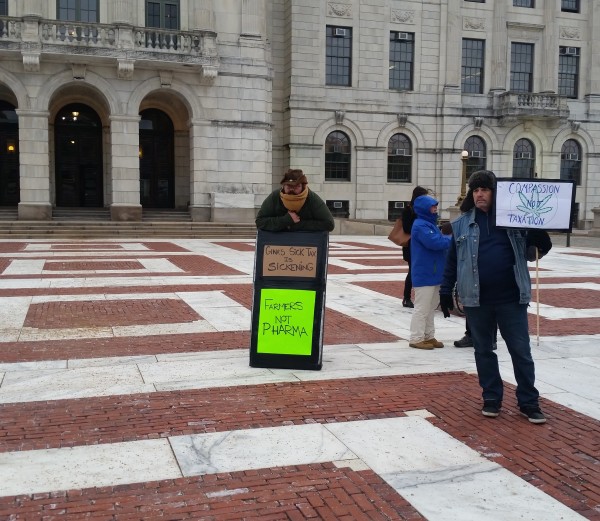
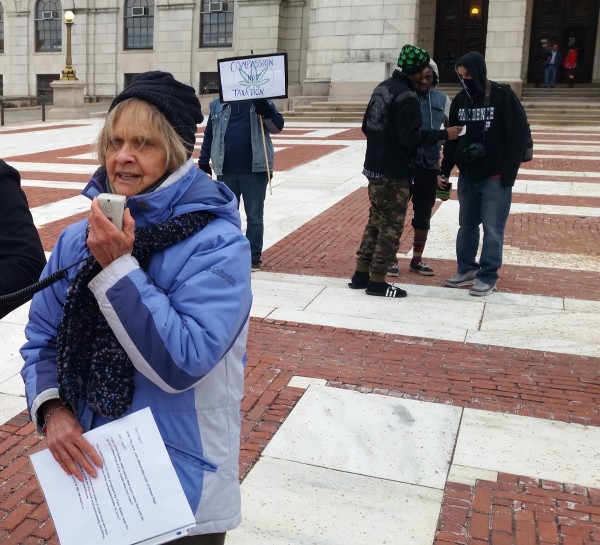
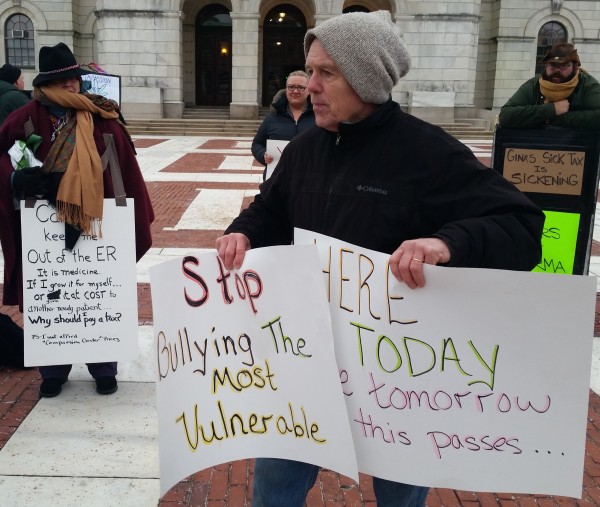
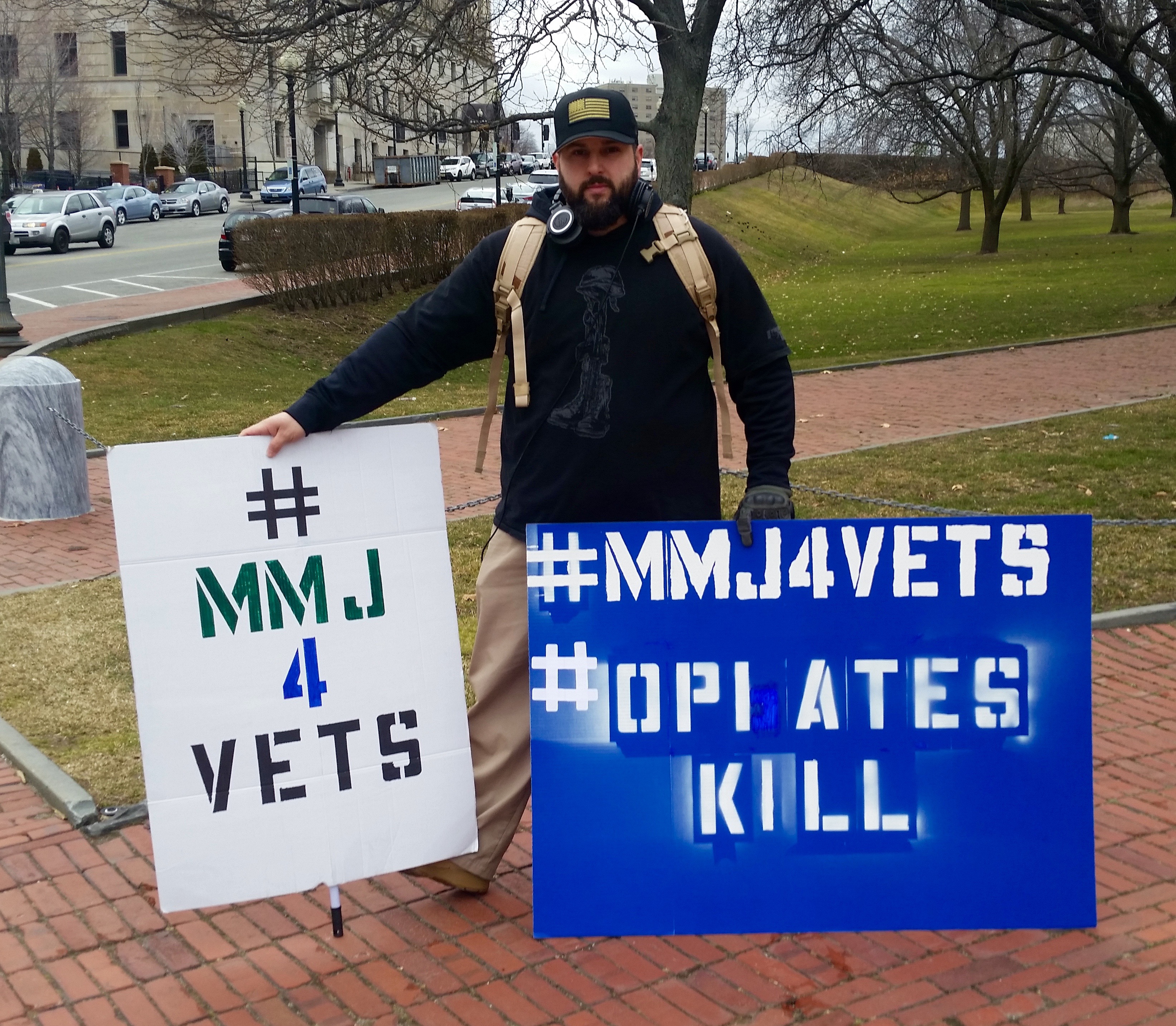
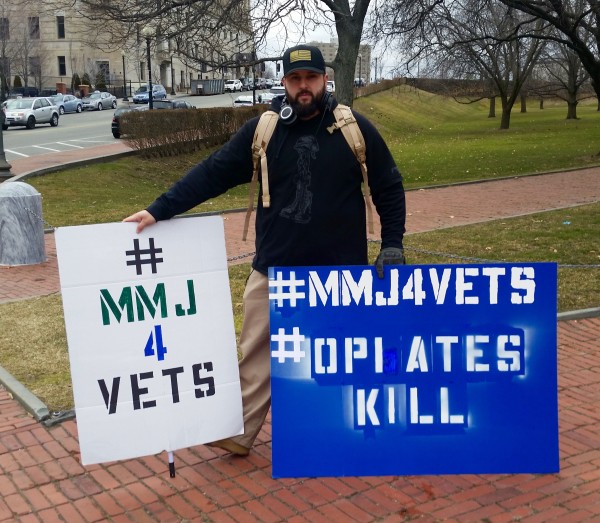 As I walked towards the State House on Tuesday for the
As I walked towards the State House on Tuesday for the 



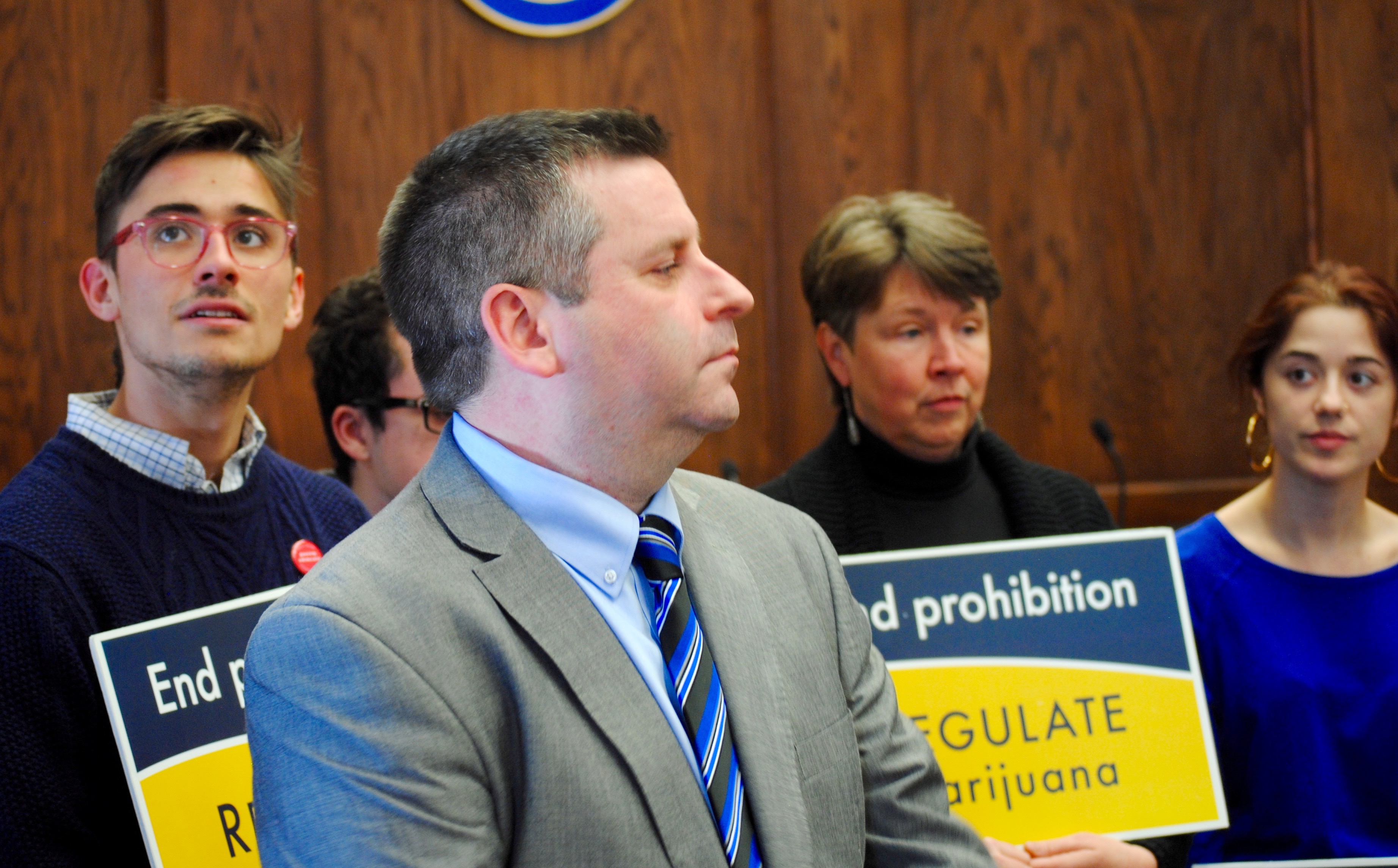

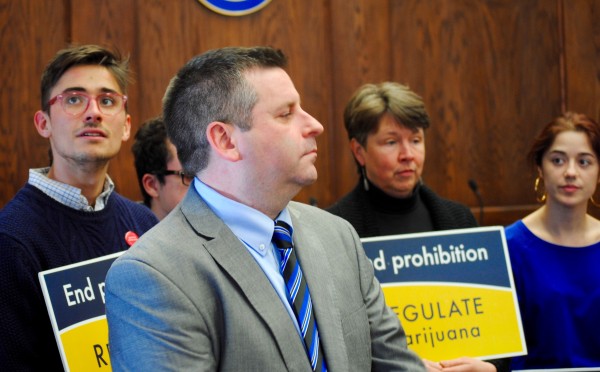
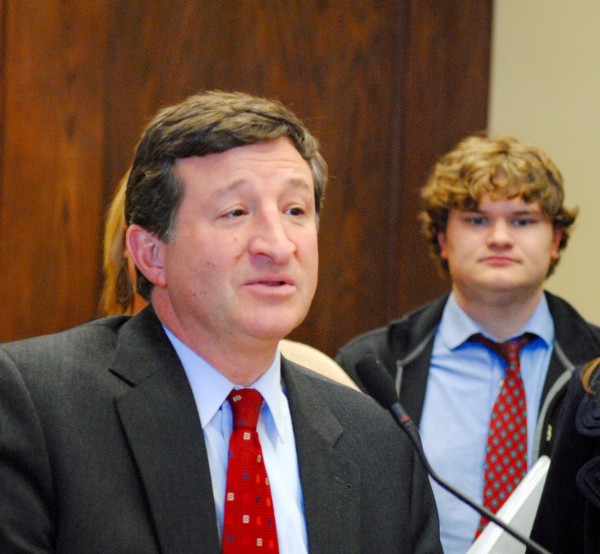
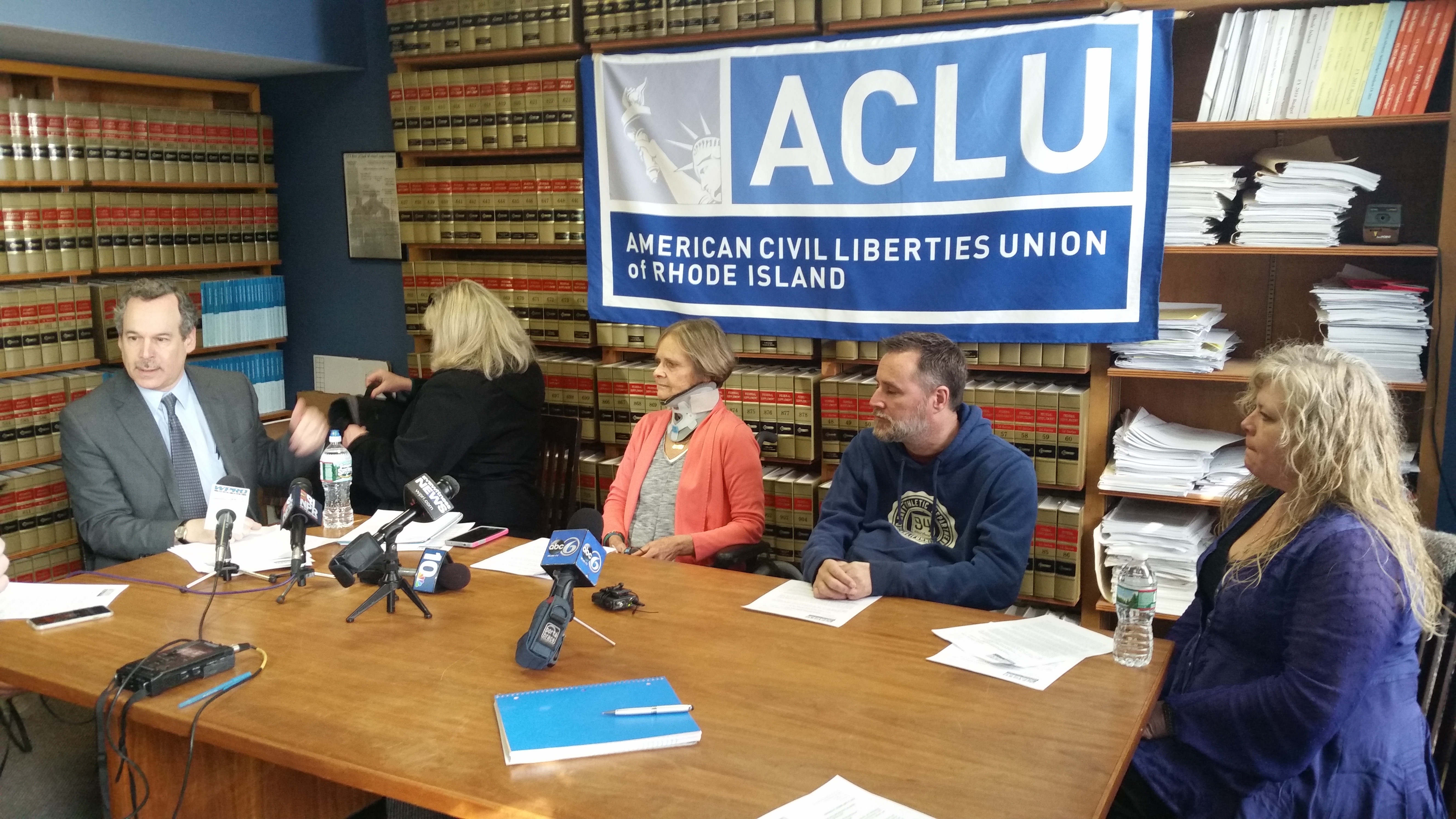
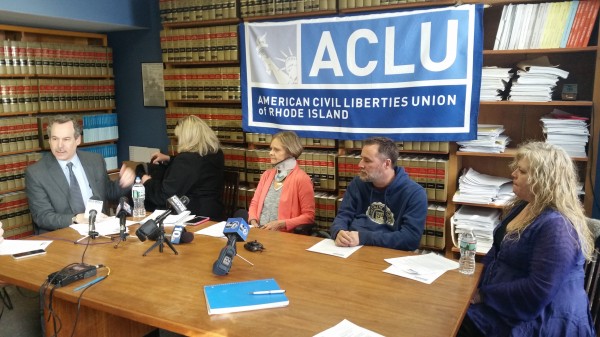 Rhode Islanders who use medical marijuana to help manage chronic and debilitating medical conditions spoke out today against a proposal in Governor Gina Raimondo’s 2017 budget that would levy heavy taxes on medical marijuana plants grown by patients and caregivers.
Rhode Islanders who use medical marijuana to help manage chronic and debilitating medical conditions spoke out today against a proposal in Governor Gina Raimondo’s 2017 budget that would levy heavy taxes on medical marijuana plants grown by patients and caregivers.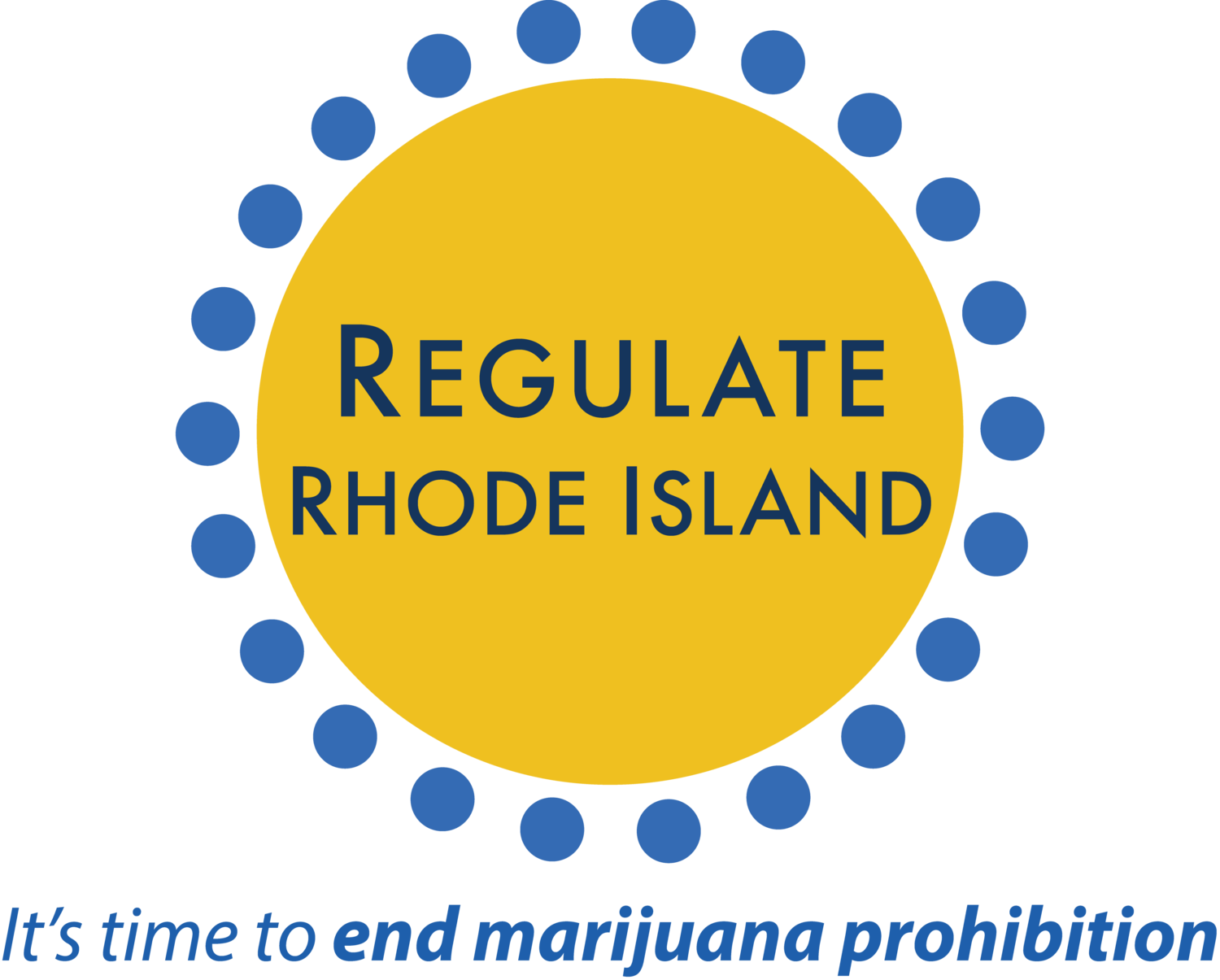
 Tomorrow a bill to tax and regulate marijuana will be introduced in the Rhode Island House. In the meantime, says Jared Moffat, Director of Regulate Rhode Island, the following press release from the
Tomorrow a bill to tax and regulate marijuana will be introduced in the Rhode Island House. In the meantime, says Jared Moffat, Director of Regulate Rhode Island, the following press release from the 


